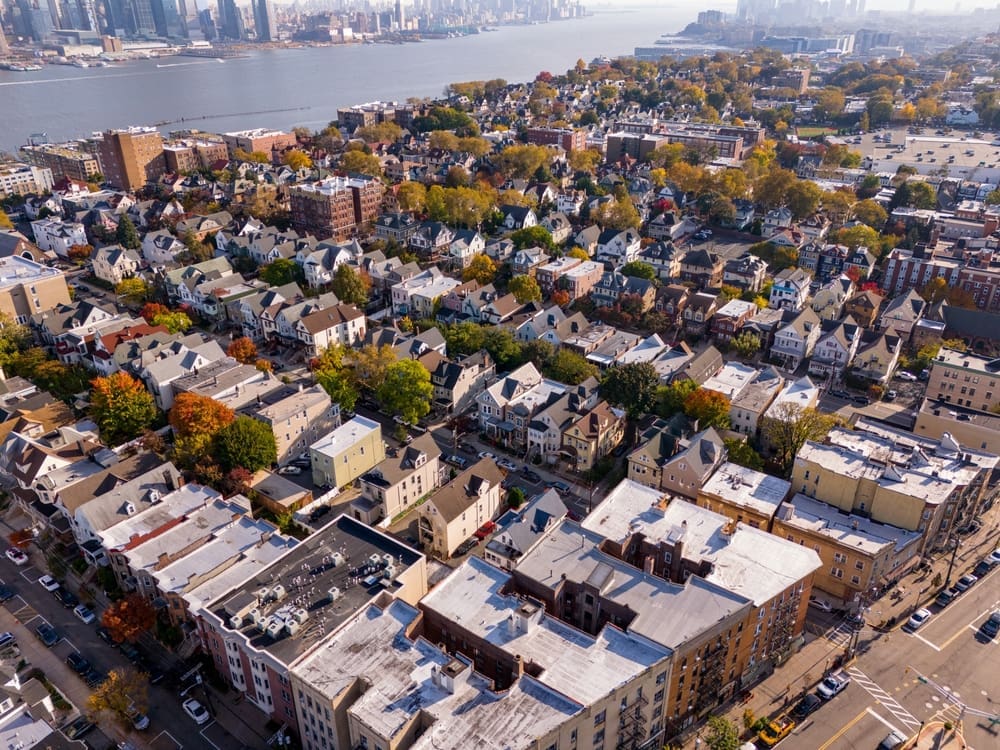The Assembly Housing Committee met Monday to discuss potential solutions for the increasing rental costs burdening New Jersey residents. The hearing highlighted the state’s housing shortage and the impact of rising costs on both developers and tenants.
Linlin Liang, a principal associate with The Pew Charitable Trust’s housing policy initiative, pointed to a significant reduction in housing development from 2009 to 2011, which created a shortfall that still persists today. “New Jersey’s housing inventory today is less than half of what it was in 2018,” Liang said, adding that home prices in the state have increased by 46% in the last four years.
David Brogan, executive director of the New Jersey Apartment Association, noted that developers and landlords face rising operational costs. “For the past five years, everything that goes into operating, maintaining, and improving a building has gone up,” he said, citing higher labor, material, and property tax costs.
Advocates stressed that these financial pressures are especially challenging for low-income renters. Carl Gershenson, of Princeton University’s Eviction Lab, explained that in 2021, households earning less than $30,000 annually had just $380 left after paying rent. “That’s $380 for food, clothing, and everything else,” he said.
Suggestions to alleviate the rent crisis included increasing permanent subsidies for affordable housing and exploring new revenue sources. Matthew Hersh, director of policy at the Housing and Community Development Network of New Jersey, proposed a 4% tax on homes sold for over $1 million to fund affordable housing initiatives.
New Jersey currently ranks as the seventh-most expensive state for renters. Advocates emphasized the need for expanded federal and state support to ensure affordable housing development can keep pace with rising demand.
The New Jersey Digest is a new jersey magazine that has chronicled daily life in the Garden State for over 10 years.
- Staffhttps://thedigestonline.com/author/thedigeststaff/
- Staffhttps://thedigestonline.com/author/thedigeststaff/
- Staffhttps://thedigestonline.com/author/thedigeststaff/
- Staffhttps://thedigestonline.com/author/thedigeststaff/


